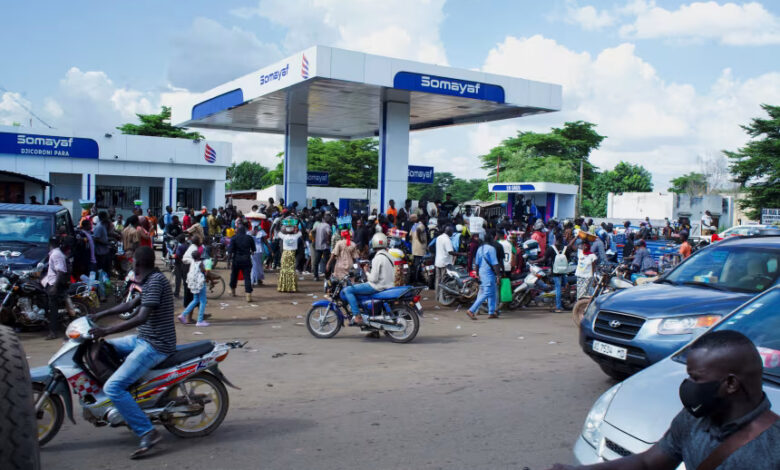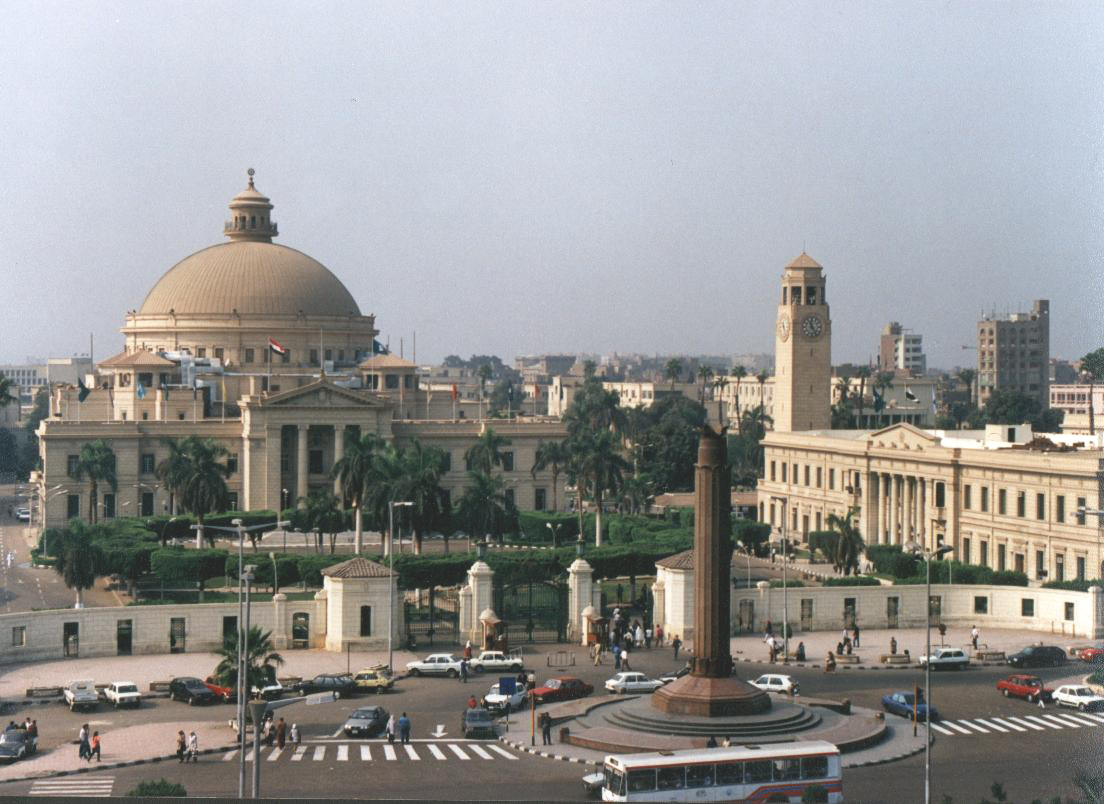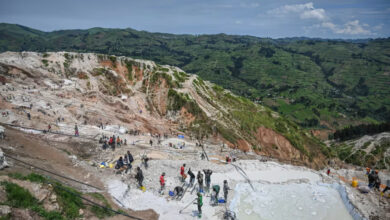
A well-armed jihadist group affiliated with al Qaeda is closing in on Bamako, the capital of Mali. The country’s military junta and their Russian partners are struggling to counter the jihadis, who now hold sway in many parts of the huge Sahelian country.
What’s happening now
Fuel is running short in Bamako as militants belonging to a group called Jama’at Nusrat al-Islam al-Muslimin (JNIM) cut roads to the capital, attack military patrols and ambush tanker trucks.
As the situation deteriorates, the United Kingdom, the United States and Germany among others have urged their nationals to leave Bamako. On Thursday, the UK warned its citizens to “leave immediately by commercial flight if you judge it safe to do so,” while the US State Department cited the “unpredictability of Bamako’s security situation” in encouraging Americans to leave.
Video and images from the city in recent days show long lines of motorbikes and other vehicles queuing at gas stations. Some residents have accused the police of sequestering fuel supplies, according to local media. Schools and colleges closed because of the shortages.
Over the past two months, JNIM has stepped up attacks on fuel supplies, ambushing tankers on the roads from Ivory Coast and Senegal.
In one attack in mid-September, the militants attacked a convoy of more than 100 fuel trucks, setting fire to half of them, according to Armed Conflict Location & Event Data (ACLED), which maps conflicts.
The militants have seized large amounts of weaponry from government forces and demonstrated their ability to use drones, says the Counter Extremism Project (CEP), which analyzes terrorist groups.
JNIM “has diversified its tactics” terrorism analyst Daniele Garofalo told CNN, stepping up its “economic warfare campaigns with roadblocks, extortion/taxation and fuel blockades.”
In a video released last month, JNIM spokesman Abu Hudheifa al-Bambari demanded people cooperate in areas controlled by the group by stopping at its checkpoints and advised them to avoid traveling with military convoys.
Government forces have increased patrols and carried out helicopter attacks, claiming to have killed dozens of militants. But the attacks continue, extending fuel shortages to large swathes of central and southern Mali and isolating garrisons of government forces.
How did we get here?
JNIM has long been active in Mali, a French colony until it gained independence in 1960, and other parts of the Sahel, especially in neighboring Burkina Faso. It was formed in 2017 as a coalition of jihadist factions and immediately declared its allegiance to al Qaeda. It has grown in strength in recent years, bringing instability to much of central and western Mali.

This summer it embarked on a campaign of economic warfare in western Mali. It has “attacked factories, industrial facilities, infrastructure projects and artisanal gold mining sites,” according to Garofalo.
“JNIM has demonstrated a new level of coordination, conducting operations hundreds of kilometers apart,” he added.
Russian mercenaries have deployed to Mali for counterterrorism missions since 2021, first as part of the Wagner Group and now as what Moscow calls the Africa Corps. But they have been unable to stem the militants’ advance and have suffered extensive casualties.
Last year, JNIM claimed that a “complex ambush” had wiped out a convoy of Russian contractors and Malian soldiers in the north of the country, killing 50 Russians.
The Russian presence appears to have alienated large sections of Mali’s population. A recent Human Rights Watch report said the junta and its Russian backers “have committed dozens of summary executions and enforced disappearances of ethnic Fulani men … whom they accuse of collaborating with the JNIM.”
What are the implications for the wider region?
Mali and its neighbors – especially Burkina Faso and Niger – have all seen chronic volatility in recent years. JNIM and other militant groups are active in all three countries. In July alone, JNIM claimed 54 attacks in Burkina Faso, 36 in Mali and seven in Niger.
Last week, JNIM claimed its first attack in northern Nigeria, which is also wracked by militant violence.
Many analysts believe that another coup in Mali, or the collapse of the current regime led by Assimi Goïta, would further destabilize the Sahel, allowing militant groups to expand operations.

JNIM has “increasingly integrated into the region’s illicit economies by exploiting fuel and arms smuggling routes in the tri-border area between Côte d’Ivoire, Burkina Faso, and Ghana,” according to the CEP.
“It is a conflict amid the fluid borders between Mali, Niger and Burkina Faso and there is also a risk of contagion to other states – northwest Nigeria and Cote d’Ivoire for example,” said Edmund Fitton-Brown, a former coordinator of the UN Sanctions Monitoring Team and now a senior fellow at the Foundation for the Defense of Democracies, based in Washington, DC.
But Burkina Faso is most at risk, with a fragile military regime that has no writ beyond the capital. “The contagion spreading to Burkina Faso is all but a certainty,” he told CNN.
What might happen next?
There is no sign of the militants preparing for a frontal attack on Bamako. Their strategy seems to be to strangle the capital and provoke unrest against the military junta.
While the Malian army moves slowly and predictably, JNIM militants blend into local communities and get to know their surroundings.
“JNIM has become very adept at conveying the discontent and demands of the poorer sections of the population and ethnic minorities,” said Garofalo, who believes its objective seems to be more about presenting itself as a better government.
It now has the capacity “to create prolonged crises, disrupt supplies, target secondary centrers and influence public opinion, thereby putting serious pressure on an already politically fragile junta,” Garofalo added.
“However, turning this pressure into the fall or replacement of the regime would require seriously escalating operations that have so far been sporadic. JNIM is focusing on systemic weakening and the junta’s loss of local control.”

So far it has been succeeding. While JNIM’s ultimate intentions remain unclear, “Mali could become the first country ruled by (al Qaeda) in its four-decade history,” according to the CEP.
Fitton-Brown said the junta in Bamako won’t get any support from outside. They “essentially evicted the French and fell out with both the UN and the regional force ECOWAS. The Russians were never going to be an alternative.”
“JNIM will eventually insist on a government more to their liking in Bamako, even if they don’t take control themselves and accept something softer than an al Qaeda affiliated regime,” Fitton Brown added.




